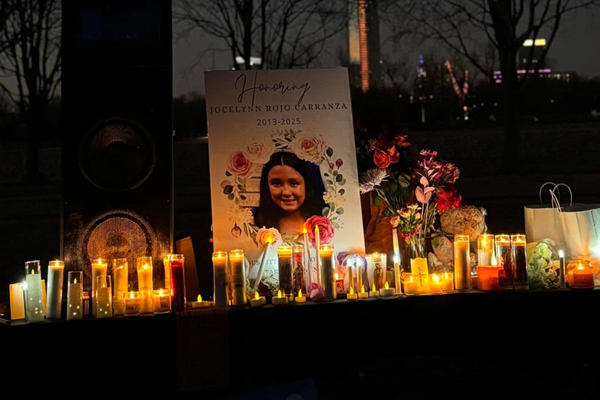
So ashamed of his daily thoughts of suicide, an army captain refused to accept he was suffering PTSD for years.
William McCann, a former army captain with the Royal Australian Corps of Signals, said his fear of being mocked by mates as a "linger" - the nickname for malingerer in the services - made him suppress his thoughts.
Mr McCann said it was his 2015 deployment with peacekeeping forces in Egypt that first triggered his PTSD.
He said the two-week training course before the deployment had profoundly underprepared Australian troops for the deteriorating security situation, with the focus on how "much fun we would have by being able to see the sights of Egypt and beers and barbecues".
On their arrival, Australian troops stationed at the north camp in the Sinai were caught in crossfire as Islamic State stepped up its hostilities against Egyptian forces.
Mr McCann said he was so overcome by the noise and the "amount of munitions in the air" he froze, and was so terrified during one attack he drafted a message to his wife to tell her he loved her because he didn't think he would get out alive.
His story is the latest in a series of experiences being recounted to the Royal Commission into Defence and Veteran Suicide.
The hearing in Hobart on Tuesday was also told that the number of defence members suffering "problematic anger" doubled after rejoining civilian life, increasing the risk of suicide.
The statistics were provided by David Forbes, who is director for the Centre for Posttraumatic Mental Health, Phoenix Australia.
Problematic anger in the military had been largely ignored as "the elephant in the room" until recently, Prof Forbes said on Tuesday.
The condition could be more debilitating than any other mental illness including PTSD, effectively destroying all aspects of a person's life, from personal relationships to employment, he added.
While acute PTSD symptoms such as nightmares and social withdrawal impacted on a person's quality of life, they did not have the same devastating impact of "persistent anger and hyper-vigilance towards threat".
More than any other mental illness, problematic anger also increased the risk of suicide to "worrying levels".
"We think about anger as problematic when it starts to occur at a level of frequency, intensity, or duration that ... is interfering with our lives and starting to cause us significant distress," Prof Forbes told the inquiry.

Identifying and treating problematic anger in military and veteran communities is an international problem.
A survey of 100,000 US service people between 2001 and 2016 had shown the same results as a study by Phoenix Australia. Both found the rates of problematic anger doubled from 15 per cent to 30 per cent within two years of serving members transitioning to civilian life.
Prof Forbes said problematic anger left people feeling "alienated in the world".
"It starts to eat away at a sense of having purpose, a sense of having a fulfilling life, being a productive person and ... a sense of a life worth living."
The royal commission's Hobart hearings are due to close on Wednesday, ahead of the release of an interim report on Thursday.
Lifeline 13 11 14
Open Arms 1800 011 046







